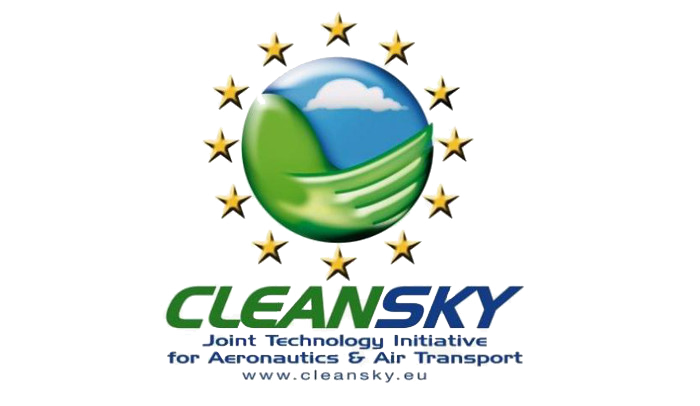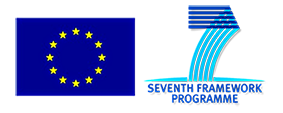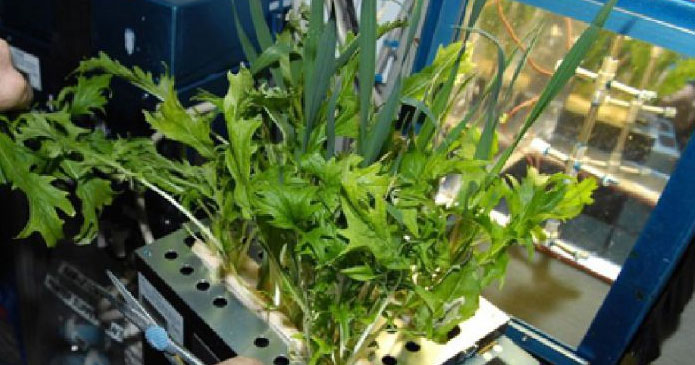WINGTECH EVALUATION
Trade-Off Study for the Ranking of New Technologies Best Fitting Wing


Aeronautics
TRADE-OFF STUDY FOR THE RANKING OF NEW TECHNOLOGIES BEST FITTING WING
The virtual simulation techniques and tools have today so pervasively entered the aerospace sector, that it would be almost superfluous to enumerate the reasons of such a broad and all-encompassing diffusion. It is barely worth noting that some of the mostly used key-words, which can be found in the technical literature related to the description of FEM analyses carried out in this industrial sector, are “weight reduction”, “increased safety”, “reduction of manufacturing and maintenance costs”, “decreasing of environmental impacts”: the attainment of all this objectives can be indeed very effectively supported by using the most advanced numerical simulation methods. The core of this project is in fact the development of a trade-off study, meant to compare several different structures incorporating new technologies, in order to determine the most promising solutions among those considered: these different solutions will be compared on the basis of suitably selected figures of merit, with the objective to reduce the weight of the structure, enhance its mechanical properties and reduce the costs and efforts of the production and maintenance phases of the considered components.
The project results will produce important impacts, introducing in the wing components technology
fundamental innovations that will bring to the attainment of significant technical, economic and
environmental benefits at European level.
EnginSoft develop a baseline model of the wing stub box, different variants to analyse the impact of the considered structural modifications on the overall performances of the system and bring to the completion of the trade-off study, by allowing the individuation of the most promising technical solutions
EnginSoft SpA | Università di Pisa | Piaggio Aero Industries | AGI
Funding Scheme FP7 Collaborative Project | Call identifier FP7-JTI-CS


Some of our competences in research and technology transfer

Research project
The goal of the project was to design a full Plant Characterization Unit (PCU) chamber with a completely sealed environment for the plants and roots. The designed plant control unit inherited the know-how from two previous projects, HySSE and AtSSE.

Research project
The project aims to combine performance optimization of company with a strong investment in human capital, creating a highly digitalized business environment to make the company more competitive, efficient and ready to face future challenges: this will be achieved thanks to a more competent and prepared team, through the introduction and use of innovative applications and systems, aimed at simplifying daily processes and operations.